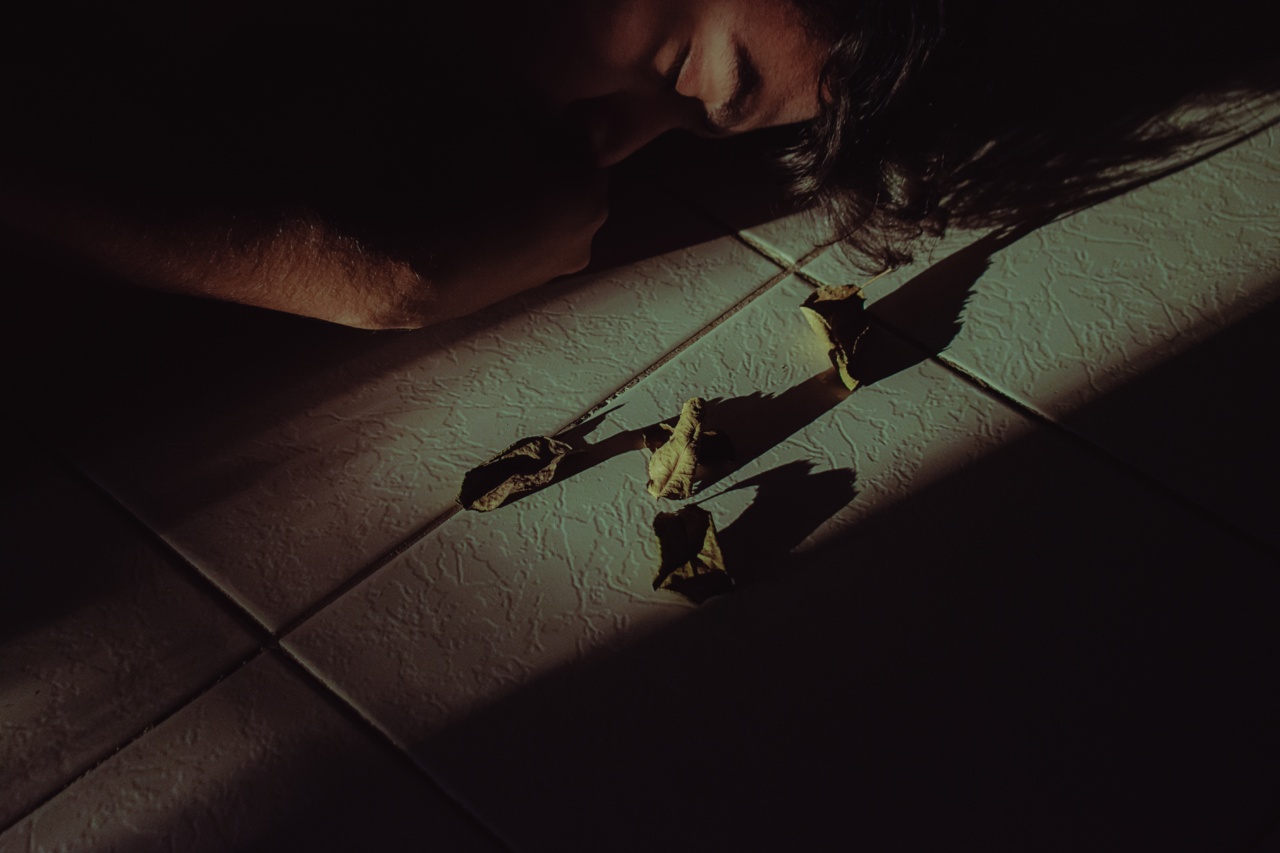Many of us know that a good night’s sleep is crucial for our physical and mental well-being. A lack of sleep can cause fatigue, mood changes, and impair cognitive function.
While there are many factors that can affect sleep, such as stress, diet, and lifestyle habits, one often overlooked factor is exposure to light.
Light is an essential environmental cue that regulates our body’s natural sleep-wake cycle, known as the circadian rhythm.
Our circadian rhythm is influenced by the intensity and timing of light exposure, which affects the production of melatonin, the hormone that regulates sleep. In this article, we’ll explore the benefits of light exposure on sleep and mental health and how it can be optimized for better well-being.
1. Improved Sleep Quality
Light exposure plays a crucial role in regulating the body’s sleep-wake cycle. Exposure to natural light during the day helps keep our circadian rhythm on track and signals to our body when it’s time to be awake and alert.
When we’re exposed to natural light, our body produces less melatonin, which makes us feel more alert and awake.
Conversely, exposure to artificial light, particularly blue light emitted by smartphones, laptops, and tablets, can disrupt our circadian rhythm and interfere with our ability to fall asleep.
Blue light suppresses the production of melatonin, delaying the onset of sleep and reducing the overall quality of sleep. By reducing exposure to blue light in the evenings, sleep quality can be improved.
2. Help with Seasonal Affective Disorder (SAD)
Seasonal affective disorder (SAD) is a type of depression that impacts many people during the fall and winter months when daylight hours are shorter.
One of the primary treatments for SAD is light therapy, which involves sitting in front of a special lightbox, typically in the morning, to simulate natural sunlight. The lightbox emits bright, white light that mimics the intensity of natural sunlight, which can help regulate the circadian rhythm and improve mood.
3. Increased Energy and Alertness
Exposure to bright light, particularly in the morning, can help increase energy and alertness by resetting the body’s internal clock.
Bright light exposure suppresses melatonin production, signaling to the body that it’s time to be awake and alert. This can help improve focus, productivity, and overall well-being throughout the day.
4. Improved Mood and Mental Health
Light exposure, particularly natural light, has been shown to improve mood and mental health. Studies have found a positive correlation between exposure to natural light and a reduction in symptoms of depression, anxiety, and stress.
Natural light exposure can also reduce cognitive decline in older adults and improve cognitive function in those with mild cognitive impairment.
5. Better Vitamin D Production
Vitamin D is a crucial nutrient that plays many roles in the body, including maintaining bone health, immune function, and mood regulation. Vitamin D is primarily produced in the skin when exposed to sunlight.
By getting regular exposure to natural sunlight, you can help maintain adequate vitamin D levels and support overall health and wellbeing.
6. Light Exposure and Exercise
Research has shown that light exposure can also have a positive impact on exercise performance. Exposure to bright light has been shown to increase endurance and reduce fatigue during exercise.
Additionally, natural light exposure during exercise can enhance the mood-boosting effects of physical activity and improve recovery time afterward.
7. Optimizing Light Exposure for Better Sleep and Mental Health
To optimize light exposure for better sleep and mental health, it’s essential to pay attention to both the timing and intensity of light exposure. Tips for optimizing light exposure include:.
- Avoiding exposure to blue light (e.g., from electronic devices) in the evening, especially before bedtime.
- Getting regular exposure to natural light during the day, particularly in the morning.
- Using light therapy (under the guidance of a healthcare professional) for the treatment of SAD.
- Using blackout curtains or eye masks to create a dark sleep environment.
- Avoiding bright lights in the bedroom during sleep.
Conclusion
Light exposure plays a vital role in regulating our circadian rhythm, which affects our sleep and mental health. By paying attention to the timing and intensity of light exposure, we can optimize our circadian rhythm and support better well-being.
Be mindful of the sources of light in your environment, and make adjustments where necessary to improve your sleep, mood, and overall health.































